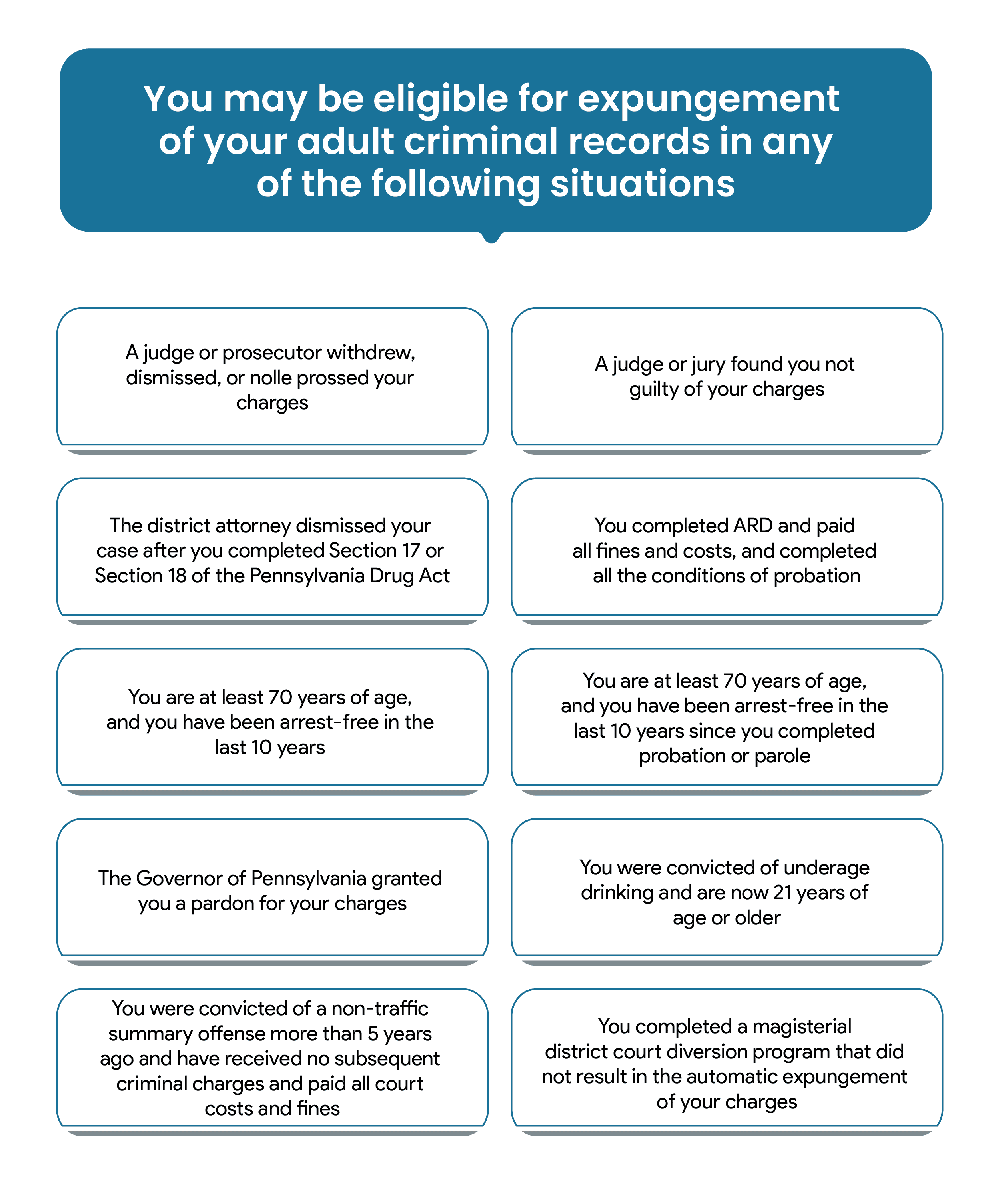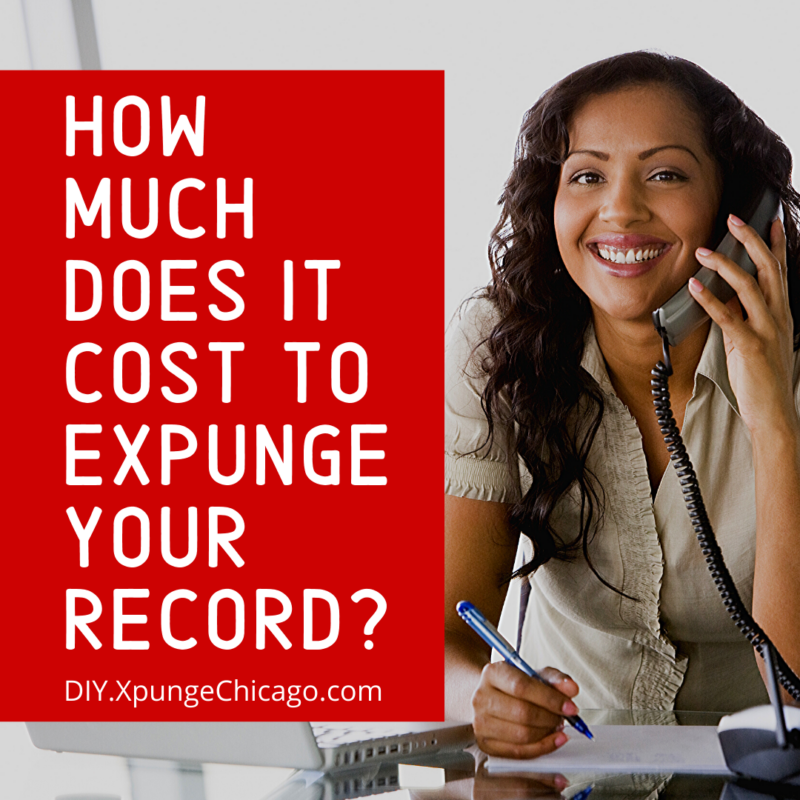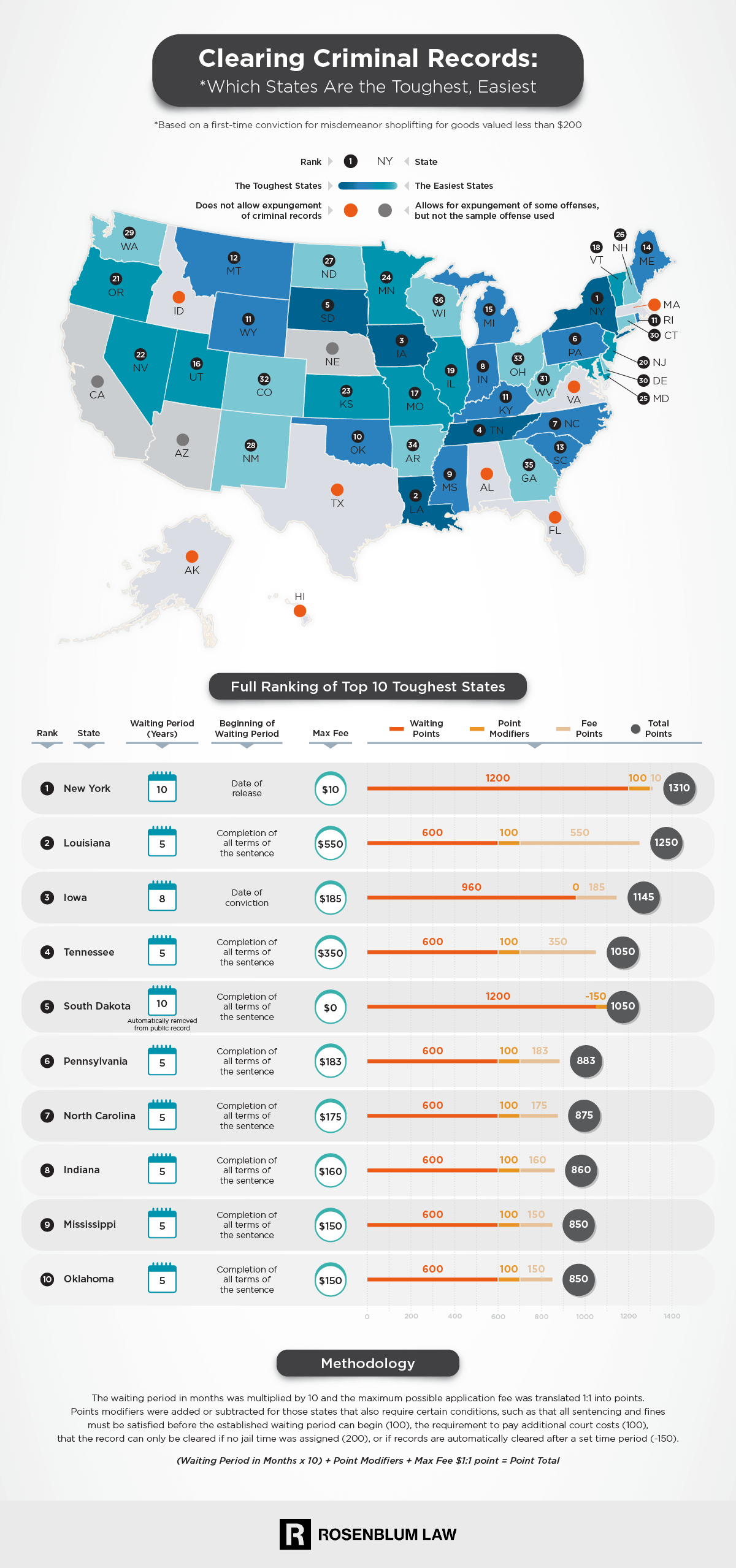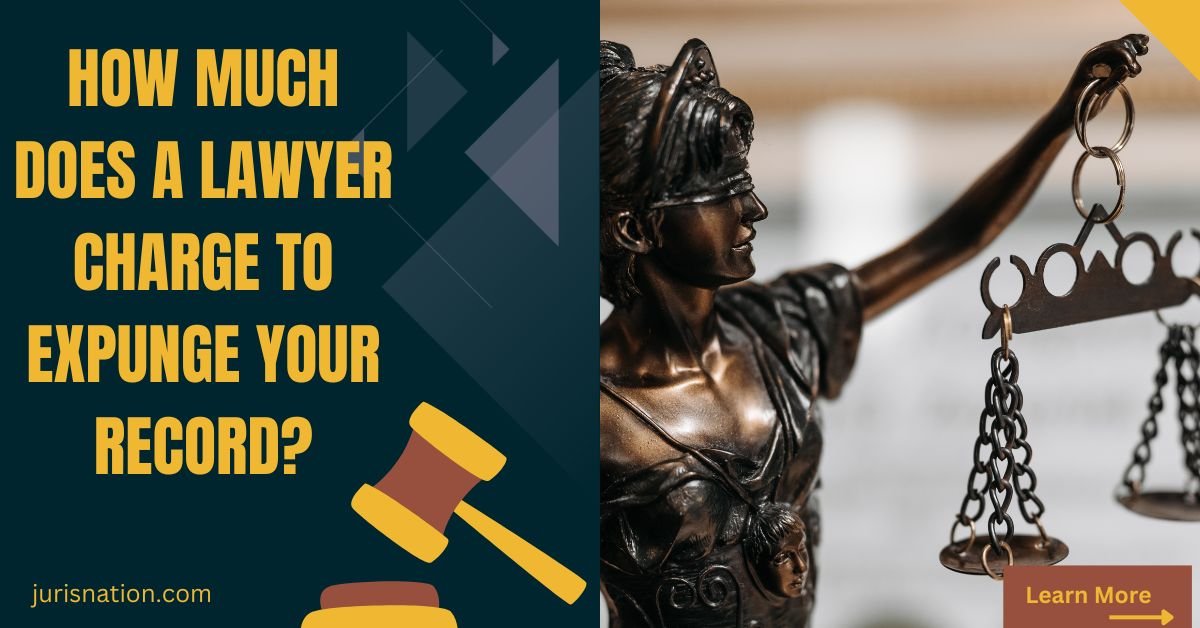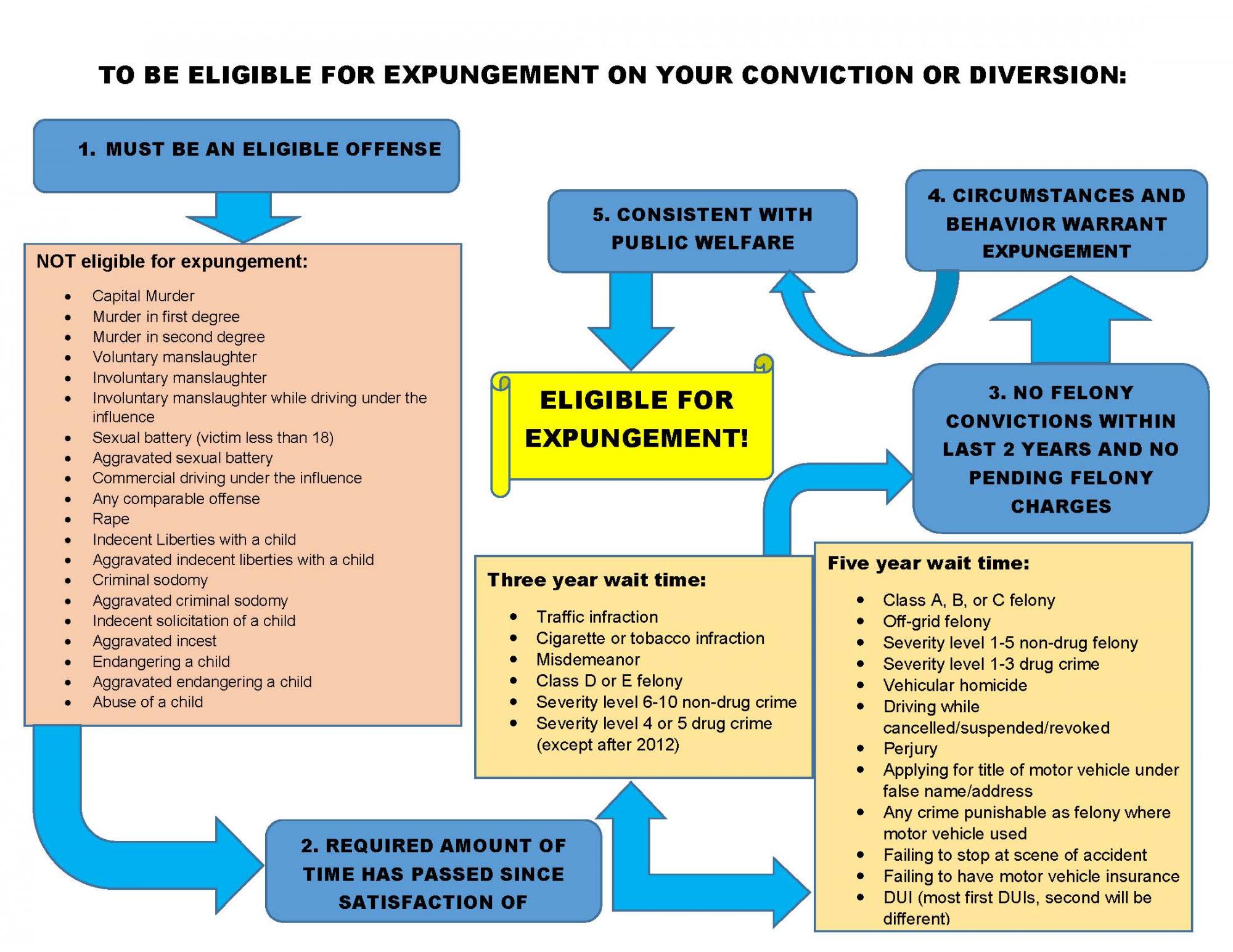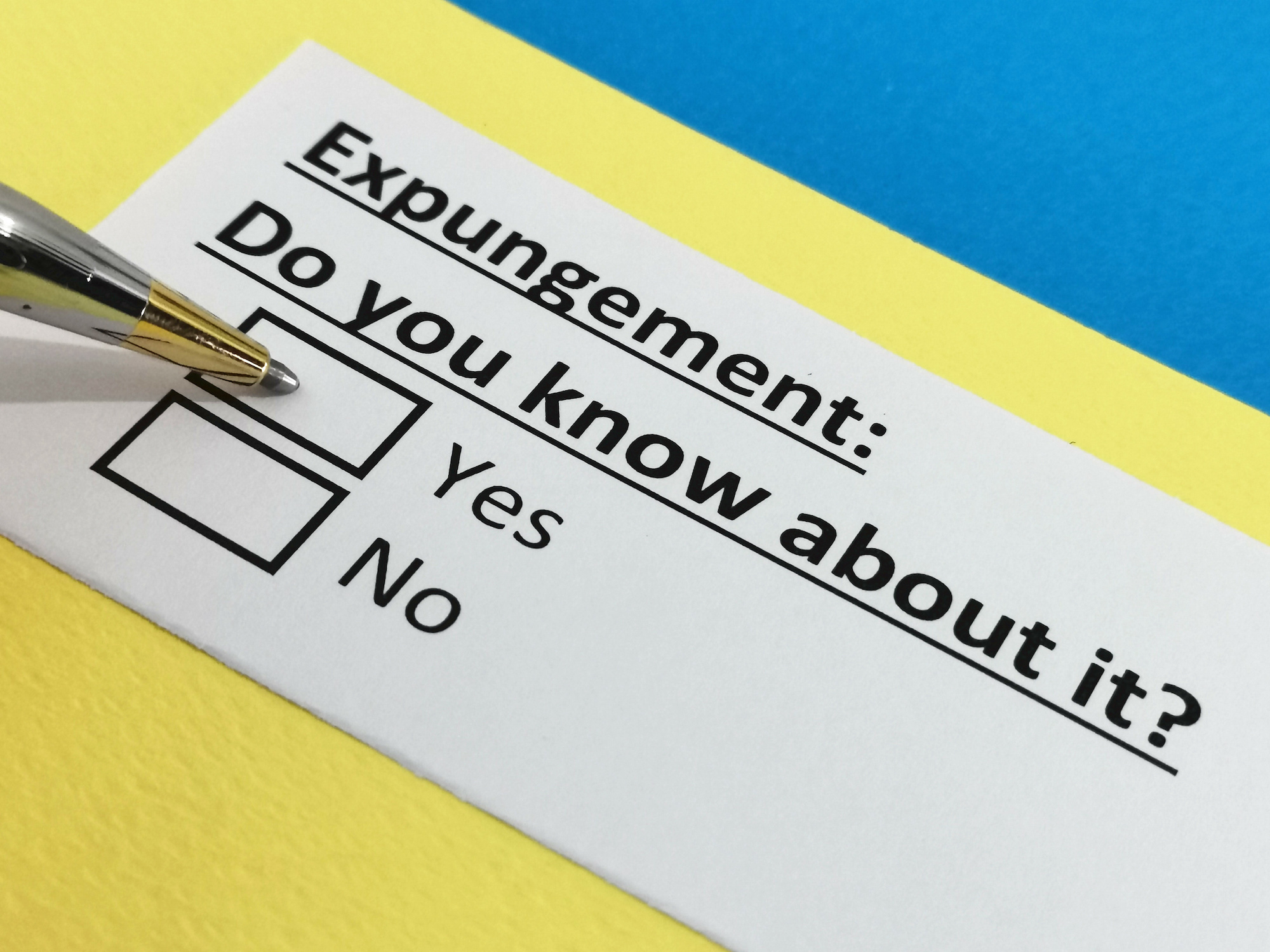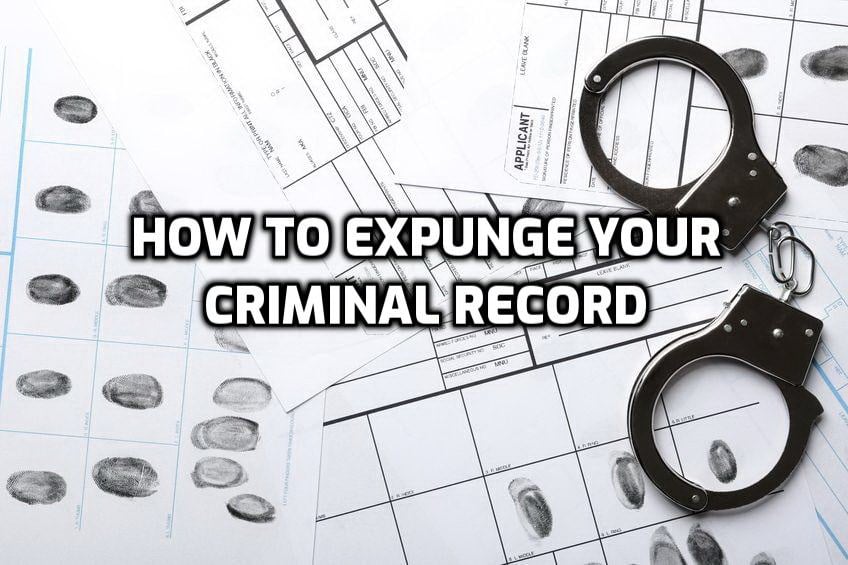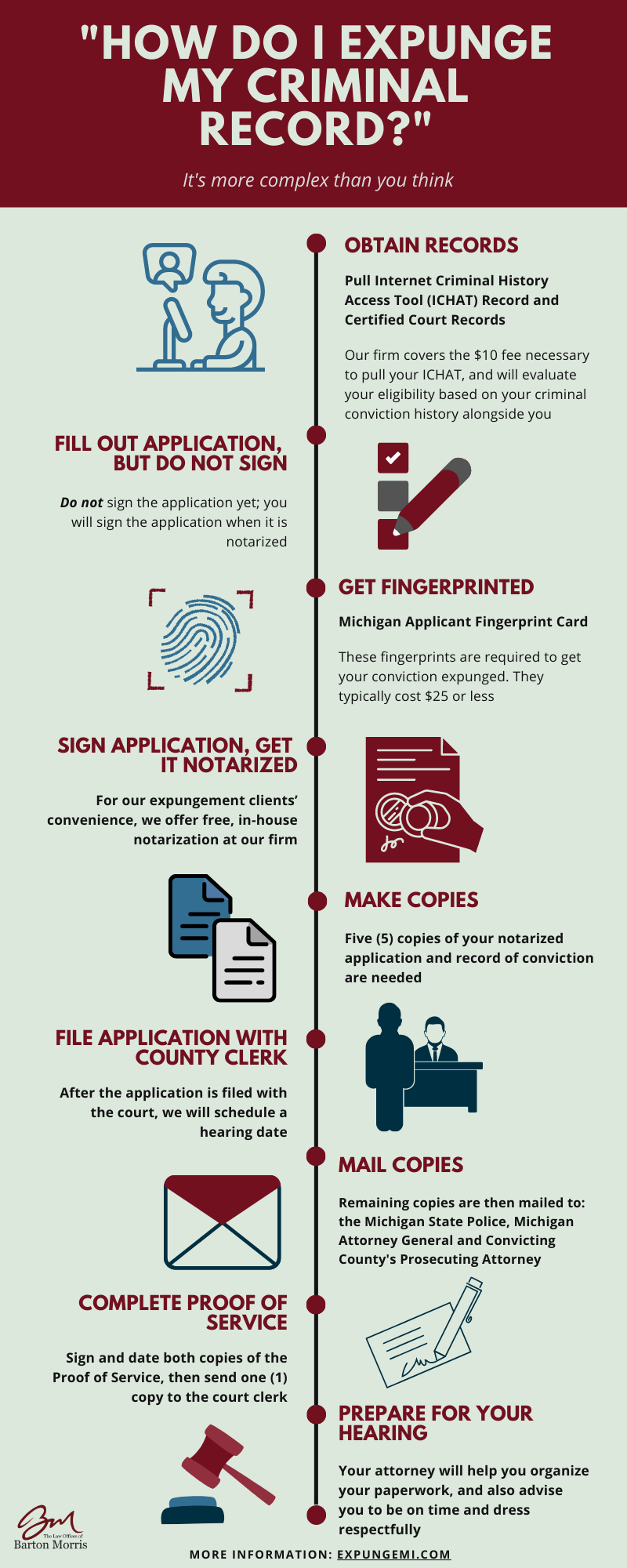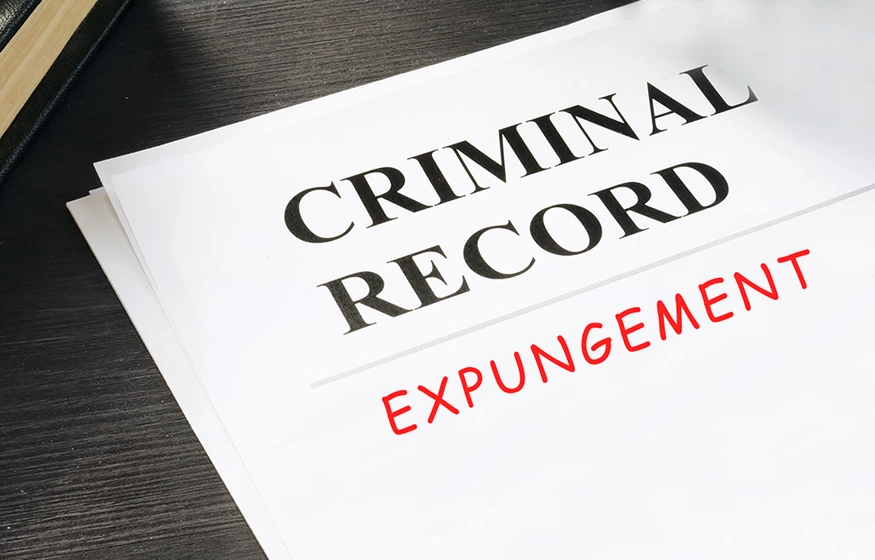How Much Does It Cost To Get Charges Expunged

For millions of Americans, a past brush with the law can cast a long shadow, hindering opportunities for employment, housing, and education. Expungement, the legal process of sealing or removing a criminal record, offers a potential path to a fresh start. However, navigating this process comes with its own set of financial hurdles, leaving many wondering: How much does it actually cost to expunge a criminal record?
The cost of expungement varies significantly depending on several factors. These include the specific state's laws, the nature of the offense, the complexity of the case, and whether an attorney is involved. This article breaks down the various expenses associated with expungement, exploring the range of costs and potential resources available to those seeking a clean slate.
Understanding the Variable Costs of Expungement
The price tag associated with expunging a criminal record isn't a fixed sum. Instead, it's a combination of direct and indirect costs that can fluctuate widely.
Filing Fees and Court Costs
One of the most direct expenses is the filing fee, charged by the court to process the expungement petition. These fees can range from a nominal amount in some jurisdictions to several hundred dollars in others. Some states also assess additional court costs for background checks and administrative processes.
For example, California's filing fee for expungement is around $150, while in Texas, it can be significantly lower, sometimes around $30. It is important to verify with the local court clerk for the most current and precise fees in the relevant jurisdiction.
Attorney Fees: Navigating Complexity
While it's possible to pursue expungement without legal representation, many individuals choose to hire an attorney. This is especially true for cases involving complex legal issues or when dealing with multiple charges.
Attorney fees can vary drastically based on experience, location, and the case's complexity. According to the National Association of Criminal Defense Lawyers, legal representation for an expungement case can range from $500 to $5,000 or even more in certain high-cost areas. The American Bar Association offers resources to find lawyers specializing in criminal record expungement.
Indirect Costs: Beyond the Monetary
Beyond the direct costs, there are often indirect expenses associated with expungement. These can include the cost of obtaining certified copies of court records, travel expenses to attend court hearings, and lost wages due to time taken off work.
These indirect costs, while often overlooked, can significantly add to the overall financial burden, especially for low-income individuals.
State-Specific Variations and Eligibility Requirements
Expungement laws are governed at the state level, leading to significant differences in eligibility requirements and the associated costs. Some states, like Pennsylvania, have relatively straightforward expungement processes, while others, like New York, have stricter eligibility criteria and potentially higher costs.
Eligibility often depends on the type of offense, the length of time since the conviction, and the applicant's criminal history. Some states offer expungement for certain misdemeanor offenses but not for felonies, while others have more lenient policies.
Resources and Assistance for Expungement
Recognizing the financial barriers to expungement, various organizations and programs offer assistance to eligible individuals. Many non-profit legal aid organizations provide free or low-cost legal services to low-income individuals seeking expungement.
The Legal Aid Society and similar organizations across the country frequently conduct expungement clinics and workshops. These clinics offer free legal advice and assistance with the expungement process.
Some states also offer government-funded programs to help individuals with expungement costs.
"These programs are often targeted towards individuals seeking employment or educational opportunities," according to a report by the National Conference of State Legislatures.
The Long-Term Value of Expungement
While the immediate costs of expungement can seem daunting, it's crucial to consider the long-term benefits. A clean criminal record can significantly improve access to employment, housing, education, and other opportunities.
For many, the investment in expungement is an investment in their future, leading to increased earning potential and improved quality of life. This is backed by research from the Center for Economic Policy Research, which suggests that individuals with expunged records experience significant gains in employment and earnings.
Moving Forward: A Call for Increased Accessibility
The cost of expungement remains a significant barrier for many seeking a second chance. Efforts to reduce these costs and increase access to legal assistance are crucial to ensuring that expungement is a viable option for all eligible individuals.
Several states are exploring reforms to simplify the expungement process and reduce associated fees. Advocates are pushing for automated expungement policies for certain low-level offenses, which would significantly lower the cost and burden on individuals seeking to clear their records.
Ultimately, making expungement more accessible can benefit not only individuals but also communities, by reducing recidivism and promoting economic stability.
